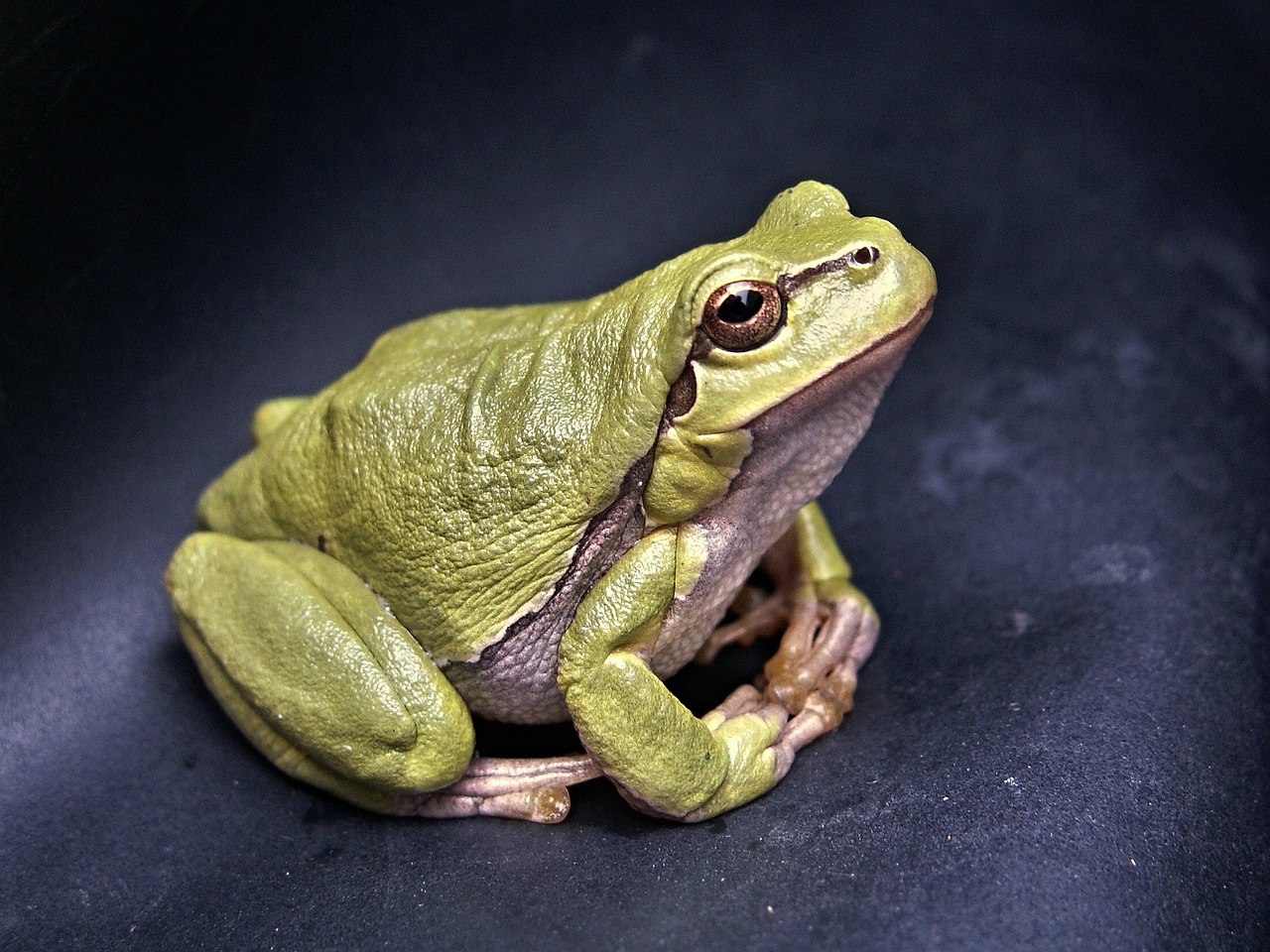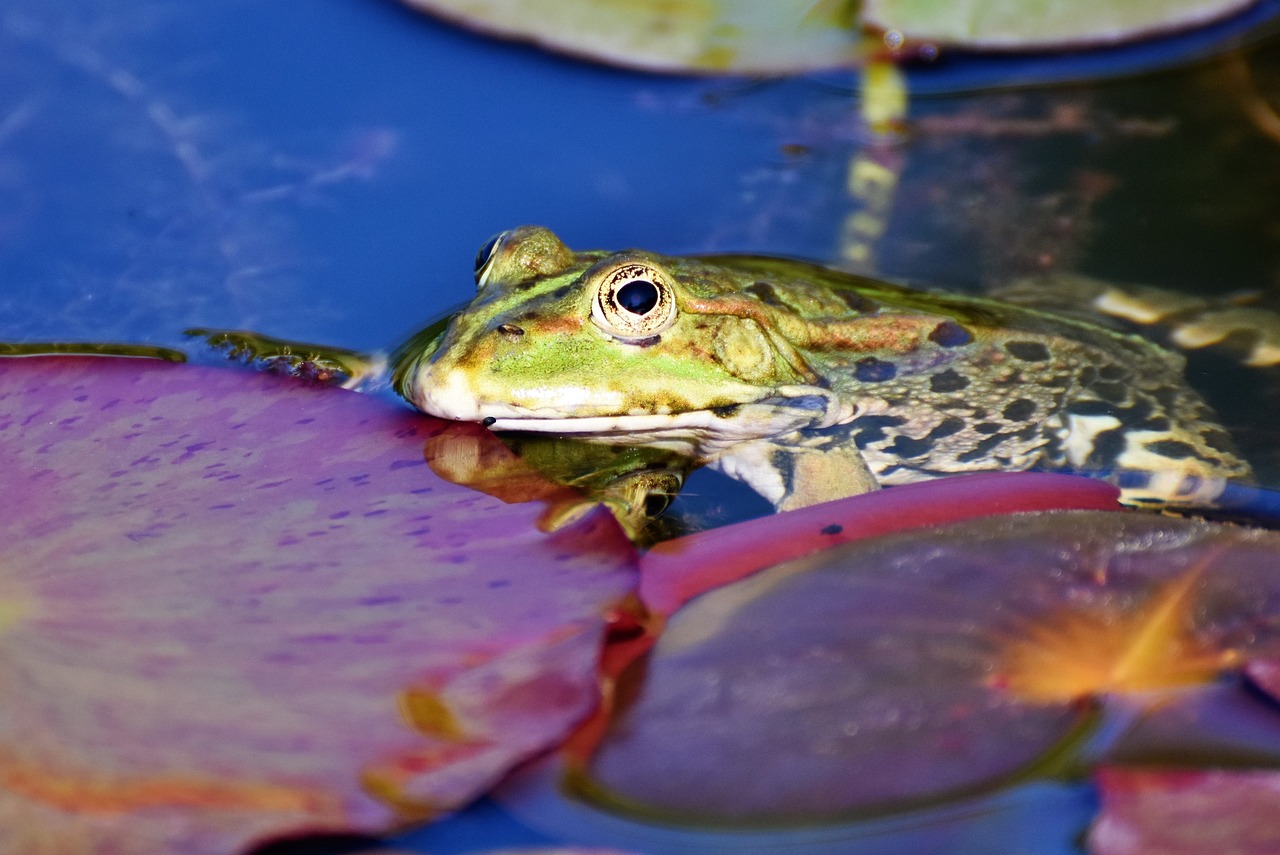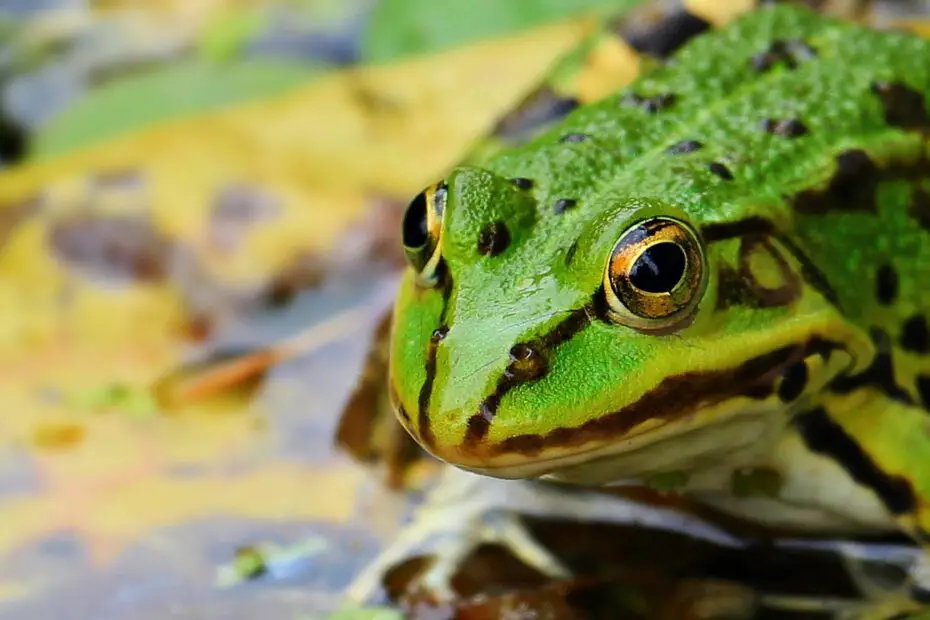The captivating world of amphibians never fails to astonish us. Frogs, with their unique behaviors and adaptations, play a vital role in maintaining ecological balance. One intriguing aspect of their behavior is their diet, which leads us to the question: do frogs eat fish?
You may also want to know what toads eat.
Frog Species and Their Diets
Frogs belong to a diverse family, and their food preferences vary. While some frog species are primarily insectivores, others are carnivorous and have a more diverse diet. Let’s explore whether fish are part of their natural prey.

The Anatomy of Frog Predation
Frogs are skilled predators, equipped with adaptations that help them catch their prey efficiently. From their sticky tongues to powerful hind legs, their hunting techniques are both fascinating and effective.
Do Frogs Eat Fish?
Studying frogs and fish in their natural habitats provides valuable insights into their interactions. In some ecosystems, frogs and fish coexist peacefully, while in others, competition for resources arises.
Frogs and Fish in Captivity
In the context of captivity, keeping frogs and fish together in the same habitat requires careful consideration. While some setups are successful, others can lead to conflicts and stress.
Misconceptions and Myths
There are common misconceptions about frogs and their predatory habits. We’ll debunk some of these myths and shed light on the truth behind these fascinating creatures.
Impact on Ecosystems
Understanding the roles of frogs and fish in their ecosystems is crucial for maintaining ecological balance. These two groups of animals have intricate relationships that affect the health of their habitats.
Frog and Fish Interactions in Home Aquariums
Aquarium enthusiasts often wonder if frogs can peacefully coexist with fish in the same tank. We’ll explore the possibilities and provide tips for successful cohabitation.

Providing Proper Nutrition for Pet Frogs
For those keeping pet frogs, providing a balanced and nutritious diet is essential for their well-being. We’ll discuss the nutritional requirements of pet frogs and ways to offer a varied diet.
Caring for Pet Frogs and Fish Together
If you decide to keep frogs and fish together, you must create an ideal habitat that caters to the needs of both species. Monitoring their health and behavior is crucial for their overall well-being.
Frog and Fish Behavior in the Wild
Understanding the natural behaviors of frogs and fish can help us appreciate how they complement each other in the wild. We’ll explore examples of symbiotic relationships between these creatures.
Ensuring a Clean and Healthy Environment
Maintaining water quality is vital when housing frogs and fish together. We’ll provide guidelines on preventing disease and parasites to ensure a clean and healthy environment for both species.
Responsible Pet Ownership
Keeping frogs and fish together requires responsible pet ownership. We’ll discuss considerations before embarking on this endeavor, focusing on ethical and welfare aspects.
Conclusion
Do Frogs Eat Fish? The relationship between frogs and fish is complex and multifaceted. While some frog species do eat fish as part of their diet, it’s essential to appreciate the diverse roles these animals play in the natural world.
FAQs About Frogs and Their Diets
- Do all frog species eat fish? No, not all frog species eat fish. Their diets vary based on their natural habitat and available food sources.
- Can frogs eat fish in captivity? While some pet frogs may eat small fish, it’s not suitable to keep them together in a confined aquarium as it can lead to stress and health issues for both.
- What other prey do frogs consume? Frogs primarily consume insects such as flies, mosquitoes, crickets, and beetles. Larger frog species may also eat small rodents and other amphibians.
- How do frogs catch fish in the wild? Frogs use their long, sticky tongues to capture fish and other prey. Their quick reflexes and powerful hind legs enable them to lunge forward to catch their meal.
- Are frogs important for ecosystems? Yes, frogs play a crucial role in maintaining ecosystems by controlling insect populations and serving as prey for other animals. Their presence is an indicator of a healthy environment.
